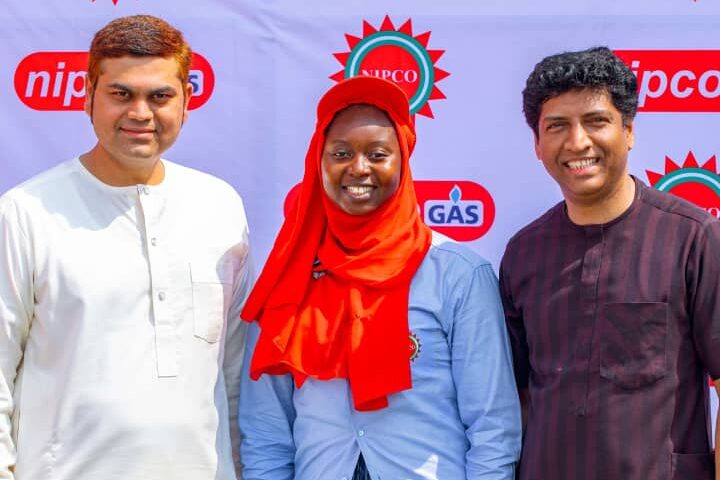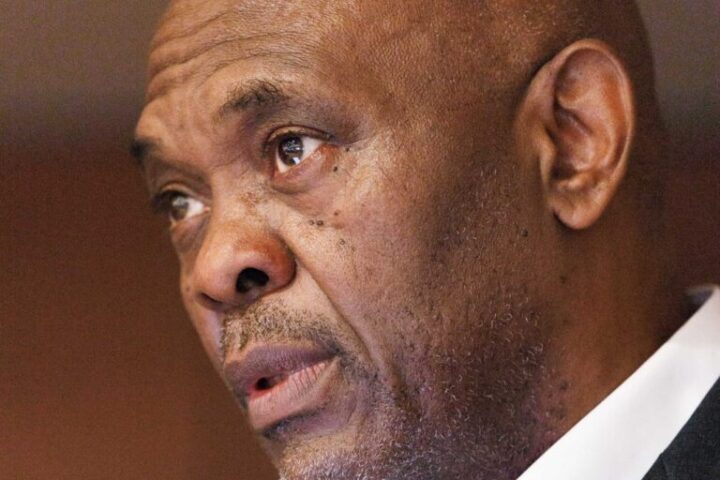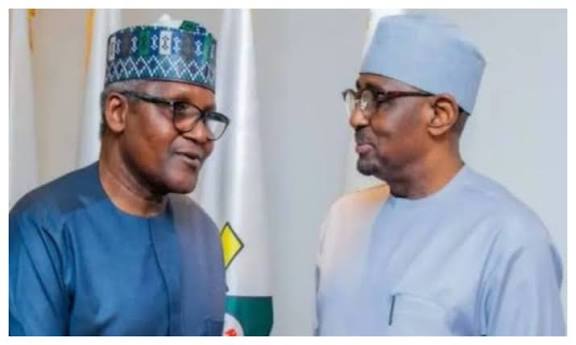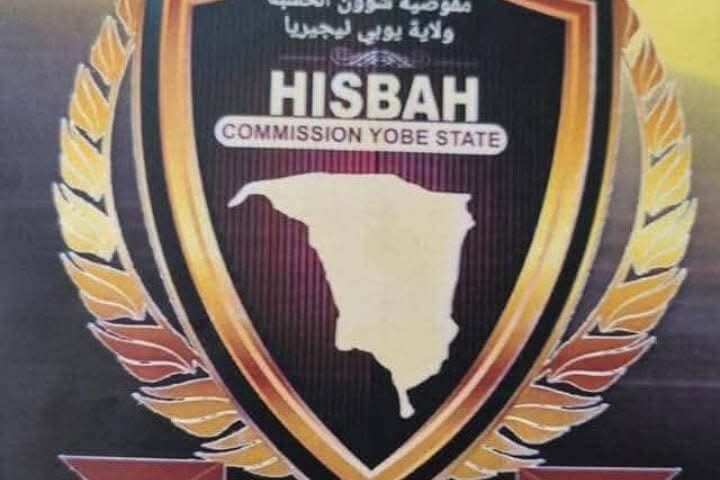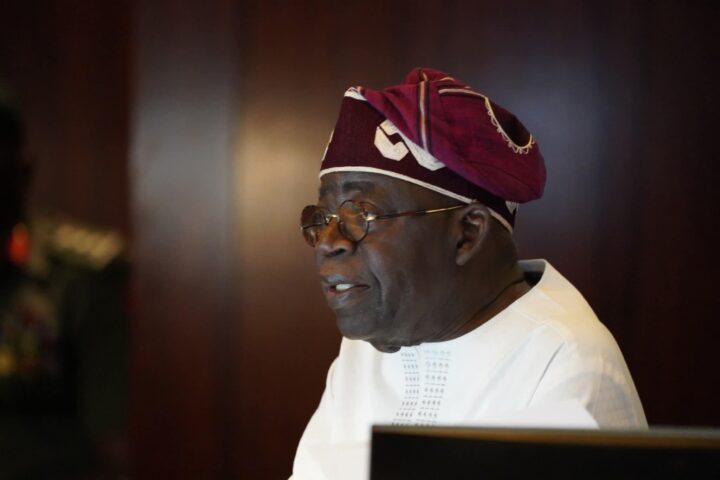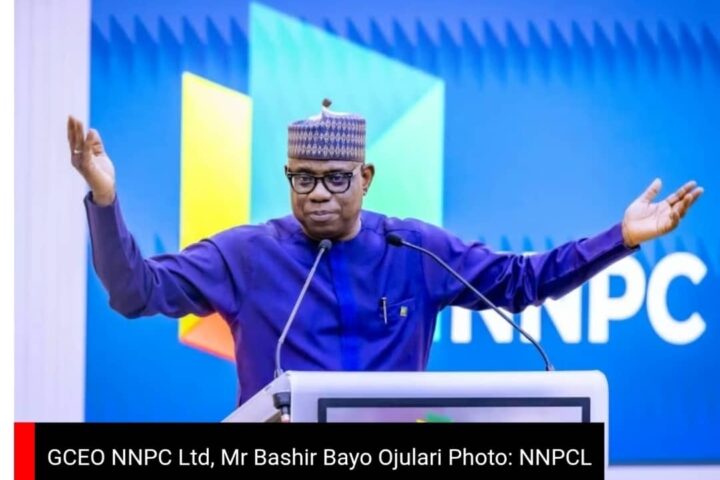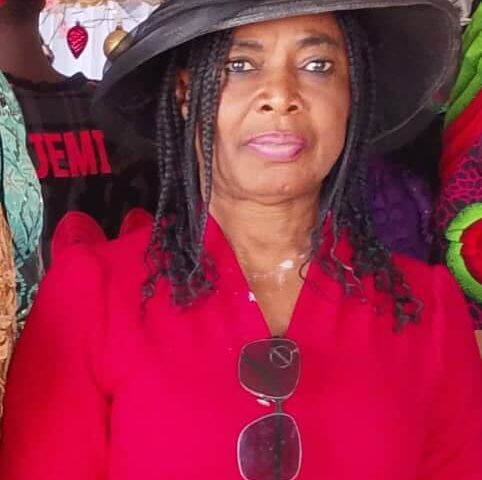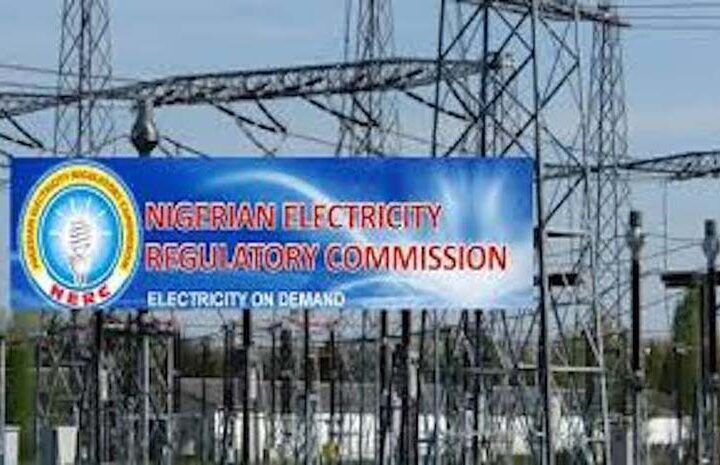Mohammed Shosanya
The Nigerian National Petroleum Corporation Limited,NNPCL,Wednesday unveiled a new ex-depot prices of petrol to fuel marketers in the country.
According to the NNPC,the new ex-depot prices for petrol are as follows:
– Calabar (Cross River State): N1,050 per litre
-Lagos State: N1,010 per litre
– Port Harcourt (Rivers State: N1,045 per litre
-Ogara (Delta State): N1,040 per litre
– Koko (Delta State): N1,040 per litre
-Warri (Delta State): N1,040 per litre
The new ex-depot prices came after the pump price of petrol was increased again in the early hours of Wednesday.
Premium News reports that the new pump price of fuel has been reflected in Abuja,Lagos and other parts of the country .
Stakeholders,who spoke with Premium News lamented the current hike in petrol prices by NNPC will significantly impact everyday Nigerians,worsening the high cost of living in Nigeria.
President Bola Tinubu, had on Monday May 29, 2023, during his inaugural address at Eagle Square, Abuja, shortly after he was sworn in as the 16th President of Nigeria, announced that his administration will remove the subsidy on Petroleum products, proclaiming “Subsidy is gone”.
Meanwhile,the Chief Executive Officer of Centre for the Promotion of Private Enterprise,Dr.Muda Yussuf,has criticized the latest hike,saying the increase in petrol price is regrettably ill timed and does not reckon with the prevailing difficult economic conditions.
In a statement on Tuesday,he said social, economic and political considerations matter in policy choices,but commercial considerations should not completely override these considerations.
There is always a place for political economy in the interest of the vulnerable segments of society, he said.
He said:”The Nigerian economy is not ripe for full blown deregulation and market pricinples on all fronts.The social cost of such policy choices are typically very high. This is an economy with very weak social safety nets.Over one hundred million people are wallowing in various variants of poverty.
“There is also an issue of policy sequencing. The present administration has presented an Economic Stabilisation Bill to the national assembly. The Bill is expected to bring some relief to the citizens and businesses. It would have been better to allow the proposed mitigating measures to be activated and gain traction before coming up with the petrol price hike”.
According to him,what the economy needs at this time are measures to ease the current economic and social challenges; not policies that would aggravate them.
He emphasized the need to urgently cut import duties and taxes by a minimum of 25% on all industrial raw materials, passenger buses of 18 seater and above and cars of 2000cc engine capacity and below.
He also said customs duty exchange rate should be fixed at a maximum of N1000/dollar to reduce current prohibitive cost of imports,while relevant legislation should be amended to that effect.
He added:”The government must be ready to trade off some revenue in the current situation.There is a need to seek to achieve the maximisation of welfare function for citizens and productivity function for businesses. The government should not be too fixated on revenue maximisation”.




